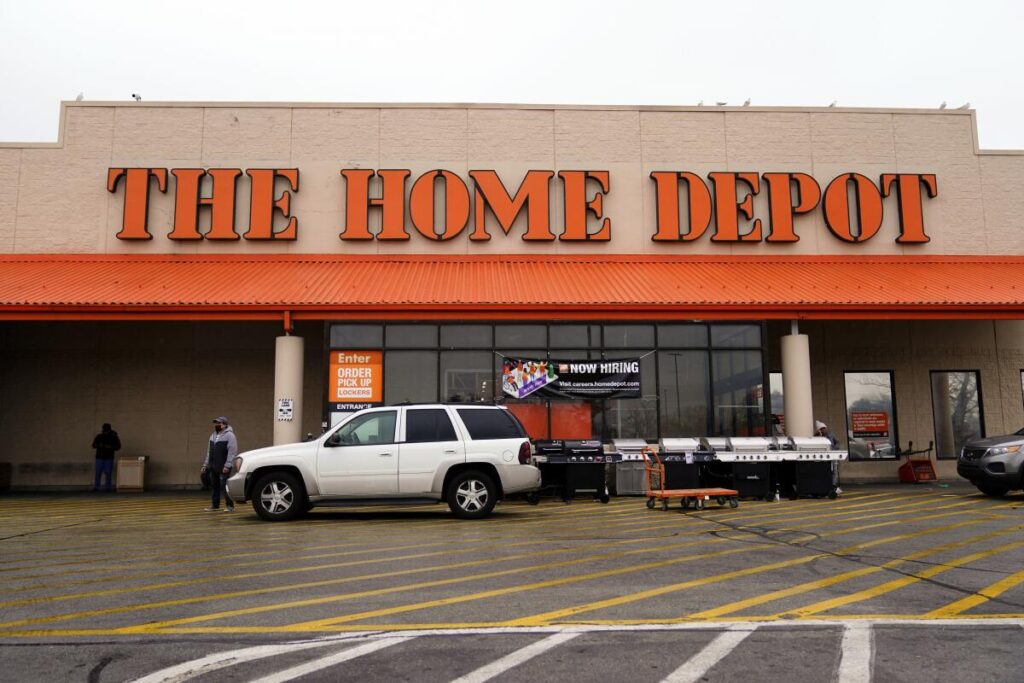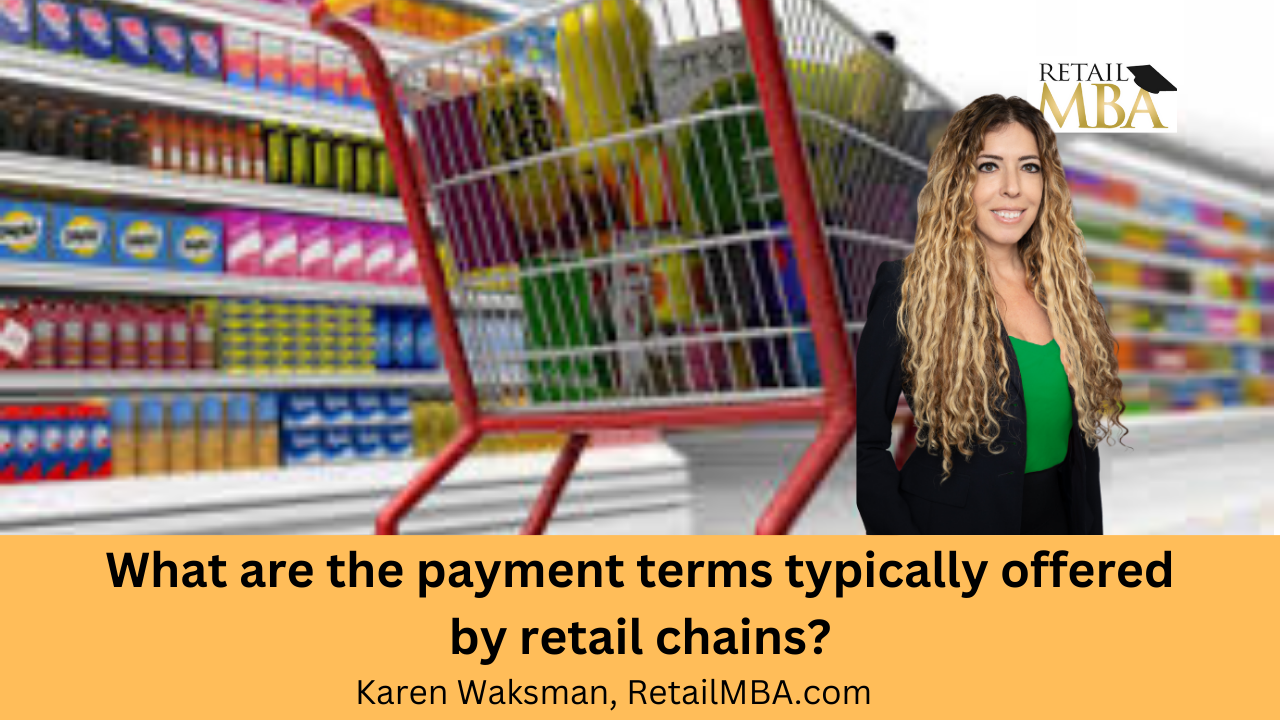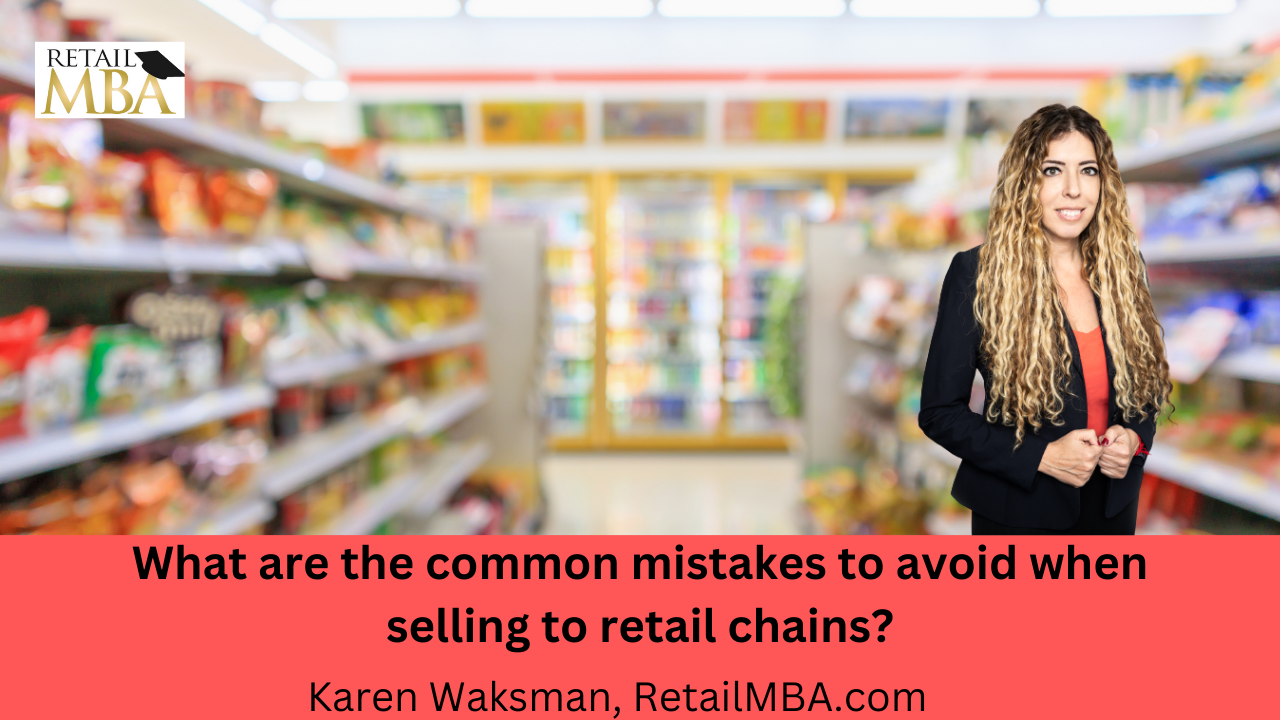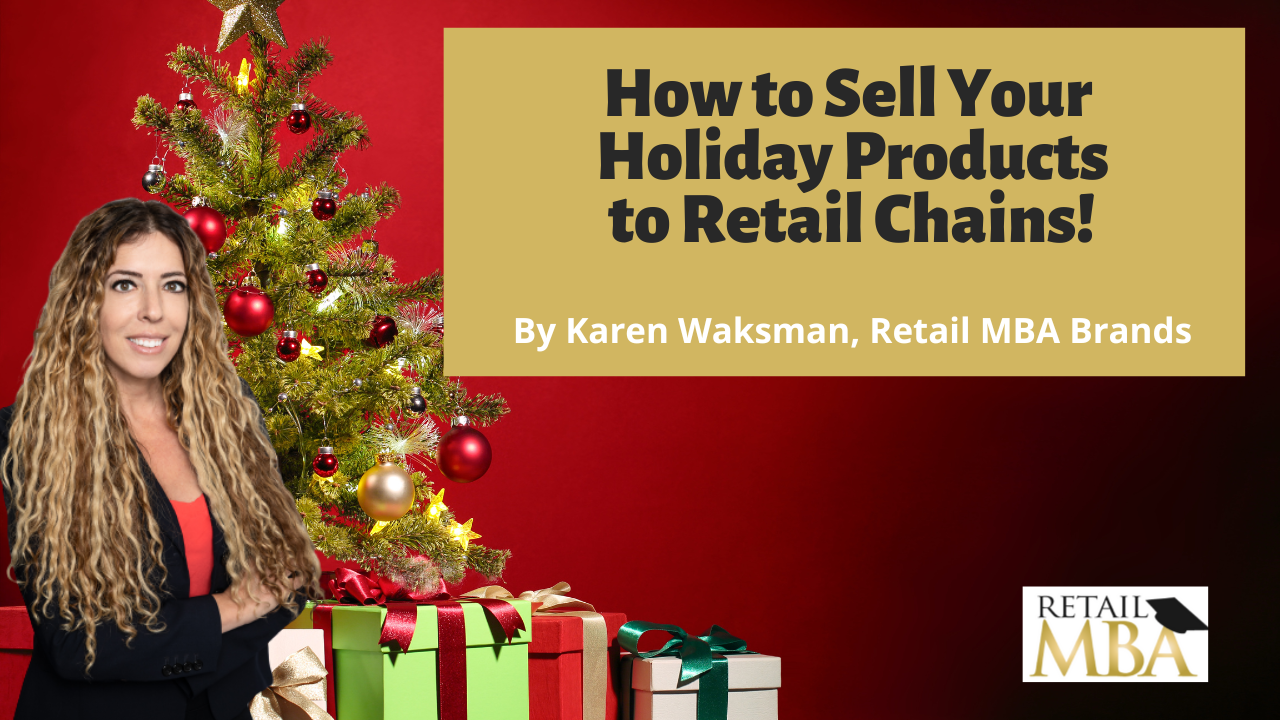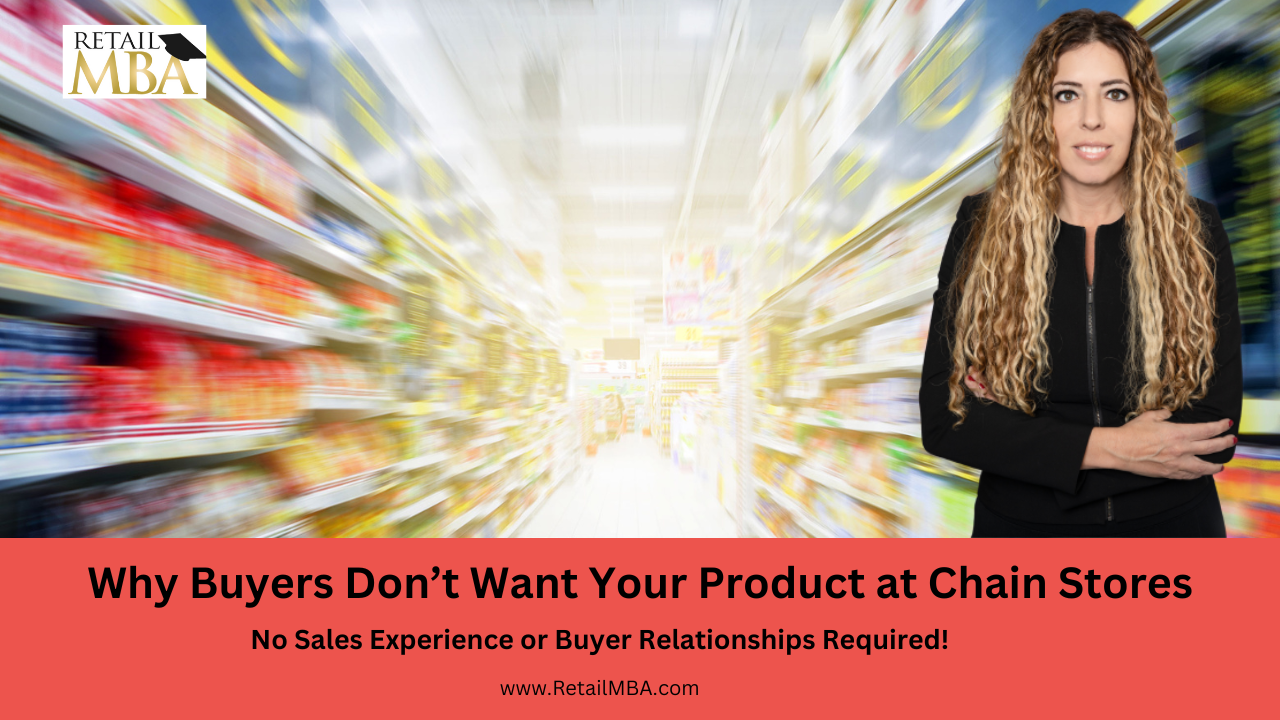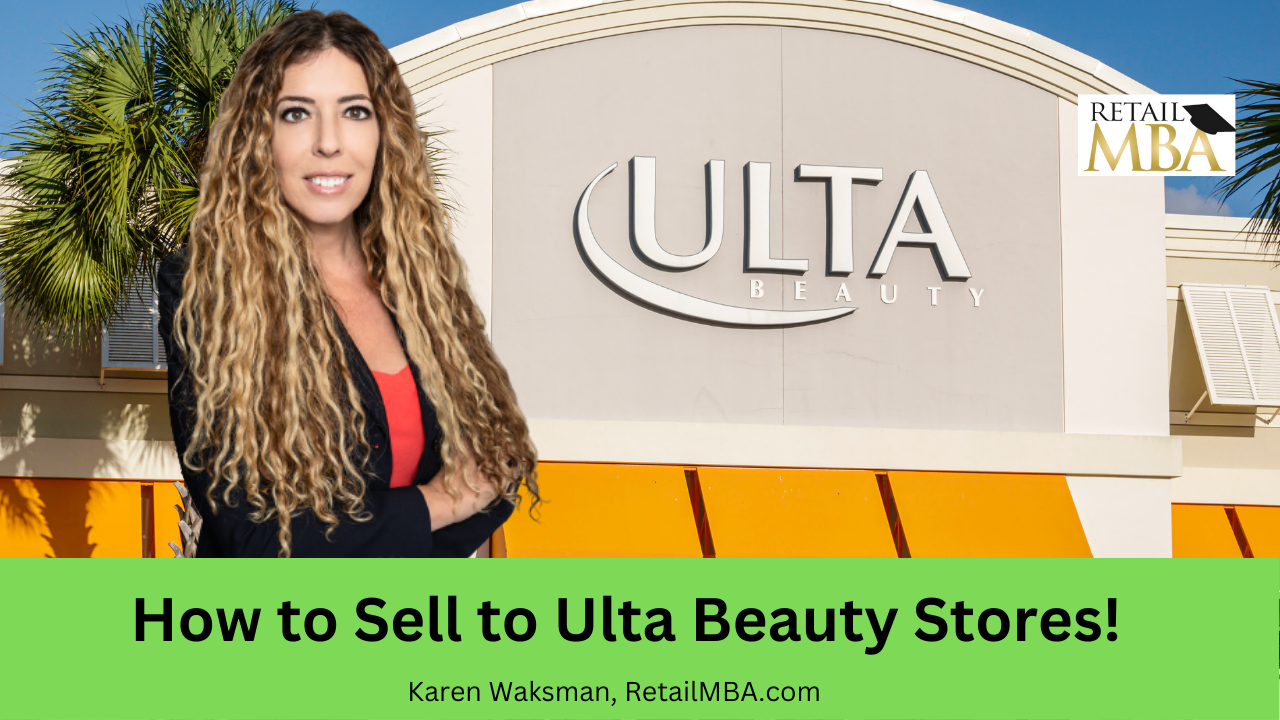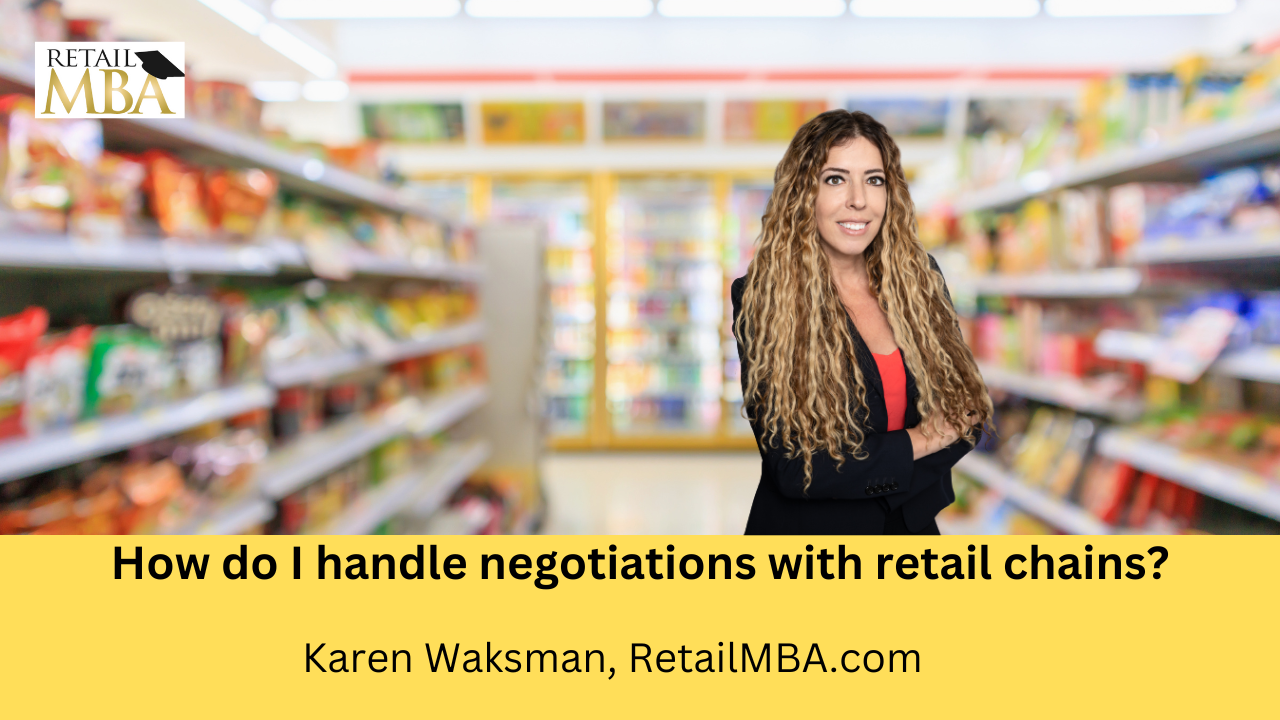Big Box Stores
Big Box Stores – The Good, the Bad, and the Ugly
Big box stores have become an integral part of American retailing, providing products at prices hard to beat while at the same time facing criticism over labor practices and environmental impact.
Purchases made at big box stores drain money away from local economies and send it back to corporate HQ in faraway places, harming small, locally-owned businesses in the process.
They are big
Big box stores play an essential part of American consumer life, yet online shopping and small retailers also play a critical part. When making their purchasing decision, consumers must carefully weigh each option against one another to decide how best to spend their money. While big box stores may have some advantages over their smaller counterparts, they can often be expensive compared with other options; therefore, smart shoppers carefully weigh all available choices before selecting those they believe offer the greatest savings potential.
Many criticize big box stores for their business tactics, which often include driving out local businesses and aggressive pricing. Furthermore, these stores support anti-union practices and may have questionable environmental policies; yet these stores also create many jobs while offering goods not found elsewhere.
Walmart and Target are some of the world’s premier big-box retailers, offering a broad selection of merchandise. Others, like Sam’s Club or Costco, specialize in bulk selling at discounted rates; still others specialize in specific areas, like furniture stores or book outlets like Barnes & Noble – typically found near major intersections and accessible only via car.
Large stores are frequently criticized for their environmental impacts, as they consume natural resources while taking over open space that could otherwise be used for farming and wildlife habitat. Furthermore, these establishments often locate near rivers where their pollution threatens drinking water supplies; furthermore they use unsustainable energy sources contributing to air pollution.
Big-box stores may have an unfortunate reputation as boring and generic stores, but they do provide great convenience. Consumers can save money by buying large quantities of nonperishables such as paper goods or canned food at once; however, this strategy may not work well for people living alone or having smaller families.
Some retailers are trying to outwit large box stores by providing more personalized services. Some offer curbside pickup while others have dedicated customer service lines that handle complaints and inquiries from their customers. It is essential that retailers provide superior experiences for their customers and distinguish themselves from competitors.
They are generic
Big box stores are retail establishments that provide an expansive selection of products and services. They can generally be divided into two broad categories: department stores such as Walmart, Kmart and Target offer general merchandise selection; while specialty shops like Home Depot or Barnes & Noble specialize in specific lines.
Big box” stores refers to stores which are much larger than traditional brick-and-mortar retailers, usually connected with chains which enable them to negotiate better contracts with suppliers and lower prices, sell large volumes of items at once, generating profits instead from each individual item sold.
Some may perceive big box stores as too generic and insufficiently meeting the needs of local communities, leading them to drain local economies further and increase traffic, pollution and parking issues. Others argue they provide consumers with access to a wider selection of goods at lower costs.
Big box stores lack personal customer service. In contrast to smaller, independent retailers, many big box stores don’t hire enough staff members to meet customer demands for help; instead they rely on just a few employees responsible for stocking shelves and replenishing merchandise. Furthermore, these stores may be difficult to navigate and do not encourage shoppers to return or exchange items easily.
Big-box stores have often had an unfortunate reputation among their shoppers. But some stores are beginning to adapt by providing new technologies like online shopping and self-checkout, while also using social media as a platform to connect with shoppers and share deals and promotions.
Big box stores may draw criticism for expanding across the nation and creating jobs, while some cities consider banning them entirely; most remain open to this idea however. Not only can big-box stores provide jobs but they can also stimulate small businesses while improving quality of life for residents.
They are expensive
Big box stores may have a poor rep, but they could be worth visiting for certain shoppers. With access to an abundance of merchandise at usually cheaper prices than smaller shops or local stores, they provide shoppers with options. Though big box stores are susceptible to the retail market’s volatility, some companies do manage to remain around longer than others while some even turn a profit each year and bring in billions in profits.
Big-box retailers can generally be divided into three broad categories, which are as follows: general/department stores such as Walmart or Target; specialty stores like Home Depot or Tesco; and warehouse clubs like Costco or Sam’s Club. Each type offers their own distinct business model: general/department stores sell a broad selection of merchandise in an attempt to appeal to as many customers as possible while specialty stores specialize in certain areas such as electronics, furniture or clothing while warehouse clubs specialize in bulk products and often offer customers discounts for purchasing large volumes.
Small local stores tend to have lower overhead expenses compared to their large counterparts, operating with higher sales volumes and more complex product assortments. Furthermore, these larger retailers often employ multiple managers reporting directly to a store leader who in turn reports to higher levels of management.
Critics of big-box stores argue that they deplete natural resources and take up open space used for farming or wildlife habitat, displace locally-owned businesses and employ aggressive pricing practices when dealing with suppliers and vendors. Meanwhile, advocates of big-box stores note they provide jobs, stimulate the economy and enhance citizens’ quality of living standards.
Shopping at big-box stores may be frustrating due to long lines and parking lot congestion during peak shopping hours, with people preferring more personal service from mom-and-pop shops or specialty stores; some opting to shop online instead, missing out on real bargains. By purchasing goods during off-peak hours instead, shoppers will enjoy all the advantages of big-box shopping without the headaches!
They are not local
Big box stores may get the reputation for not supporting local businesses, but many people don’t realize that they actually support economic development in local communities with high unemployment rates. Furthermore, they bring jobs and money into these regions while simultaneously alleviating poverty levels in these areas. While some critics of large-scale retail assert that these stores have an adverse impact on natural resources by taking up valuable open spaces that could otherwise be used for agriculture or wildlife habitats; some cities are seeking a balance between their environmental impact and benefits by mandating design guidelines on big box developers while making these buildings pedestrian-friendly;
Big-box stores can be easily identified by their large size and wide selection of merchandise, usually at lower prices than local businesses. Furthermore, big-box stores offer great conveniences in today’s time-poor society while simultaneously serving as an invaluable source of sales tax revenue to support local governments.
Big-box stores specialize in specific product categories such as electronics, appliances or furniture. Warehouse club stores such as Sam’s Club or Costco often require membership; such outlets have become increasingly popular in Australia as a competitive solution to traditional chain stores or independent retailers.
While consumers may prefer the convenience and lower prices offered by big-box stores, smaller local retailers can provide an experience that is more tailored and unique. They may use creative merchandising tactics to entice shoppers in and keep them hanging around longer – creating an enjoyable shopping experience while also making shoppers curious to see what new merchandise the store has available.
Local retailers face many hurdles in maintaining an inventory at low costs. They must pay employees, stock shelves with fresh merchandise, and manage physical locations while competing with larger national chains that may benefit from central distribution with lower overhead costs. Furthermore, their business relies heavily on customers coming back frequently, though small retailers may offset some costs through promotions or rewards programs.
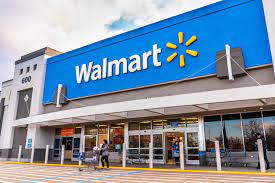
Step-by-step training on how to sell to retail chains!
We explain exactly how to do that and how to get started today. I’ve taught over 100,000 of companies over the years across the globe on how to get your products to the stores. And so we’re here to support you. Or please subscribe to our Youtube channel and or be on the lookout for additional training that we create.
We are here to expedite the process of generating revenue with your physical products and that’s what we’re all about. Take a look at our advanced training, live events, certification programs and so much more.
In this training, I will discuss some of the things to think about when approaching a retailer to sell your products and become a vendor. Hope it helps! 🙂
Karen Waksman,
Retail MBA
Questions? Contact Us!
1-855-Retail-2 (Call or Text)
Email: info@retailmba.com
Retail MBA provides a step-by-step formula on How to Sell to Major Retailers, Online Retailers, Smaller Retailers, Catalogs and More. No Experience Required! These solutions continue to convert for clients year-over-year! These are Time-Tested and Proven Strategies that we utilize ourselves when going after stores! Everything we teach, we test. Want access to these formulas? ANY one of our programs and coaching systems gives you access to them now. With that said…
Here are 5 Easy Ways to Work with Us:
1) Free Training – If You Would Like to Join Our Next FREE Webinar Training Called “Retail Chain Store Secrets – How to Sell to Major Retail Chains. No Experience Required” Then Sign Up NOW To Learn All About Selling into Retail Chains By Clicking Here!
2) Retail MBA Year Long Coaching and Training System – Our Year Long Coaching and Training System with Karen Waksman is POWERFUL! This is our most popular training and coaching system! We walk you through how to approach, pitch and sell to retail chains and we coach you along the way! Join us by Clicking Here!
3) Masterclass Intensives – Want to Join our Next 4 Week Elite Retail MBA Masterclass Intensive? These Intensives Are EPIC for people who Love Fast Paced Learning – Homework, Retail Coaching, Developing Your Strategy, Buyers Contacts and More! These Events Are Held Every Quarter. Join us by Clicking Here!
4) Done-for-You Program – If You Want Karen Waksman and Her Team to Reach Out to Your Top Dream Retail Chains On Your Behalf – And You Have a Retail-Ready Product, Check Out our Epic Done-For-You Service by Clicking Here!
5) In Person Events – If You Want to Learn LIVE and Meet Karen Waksman in Person at Our Next “America’s Next Retail Product: LIVE Event with Other Like-Minded Individuals in Beautiful San Diego, CA! We Would LOVE to Have You Join Us by Clicking Here!
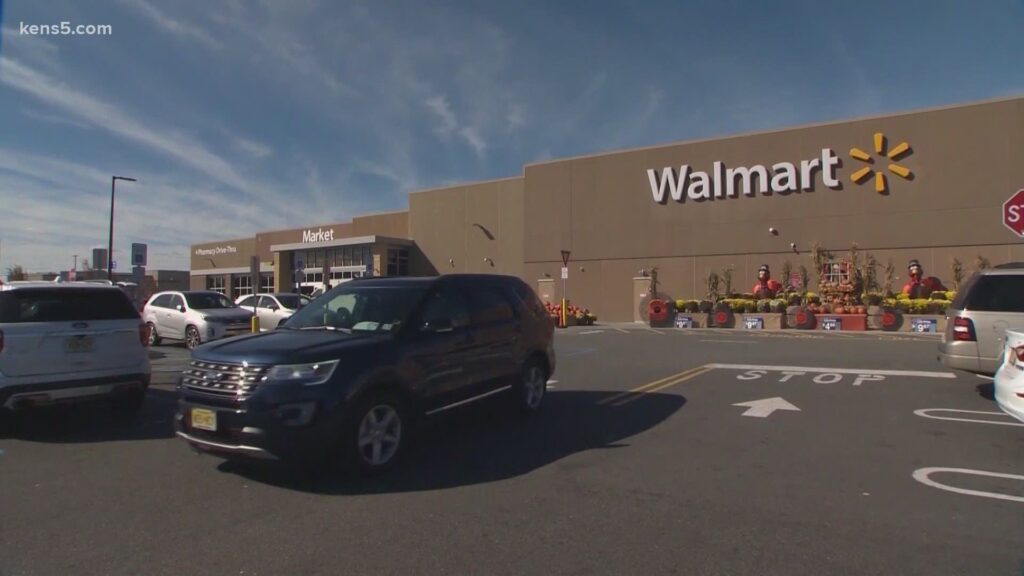
Check Out Our Additional Blog Posts Here:
Retail Terms
Retail Terms – What are the payment terms typically offered by retail chains? Click Here to Learn More!
Retail Vendor
Retail Vendor – What are the common mistakes to avoid when selling to retail chains? Click Here to Learn More!
How to Sell Your Holiday Products to Retail Chains
New Training on How to Sell Your Holiday Products to Retail Chains
Ulta Beauty Vendor
Ulta Beauty Vendor – How to Sell to Ulta Beauty Stores. Click Here to Learn More!
Retail Strategy
Retail Strategy – How do I handle negotiations with retail chains? Click Here to Learn More!
